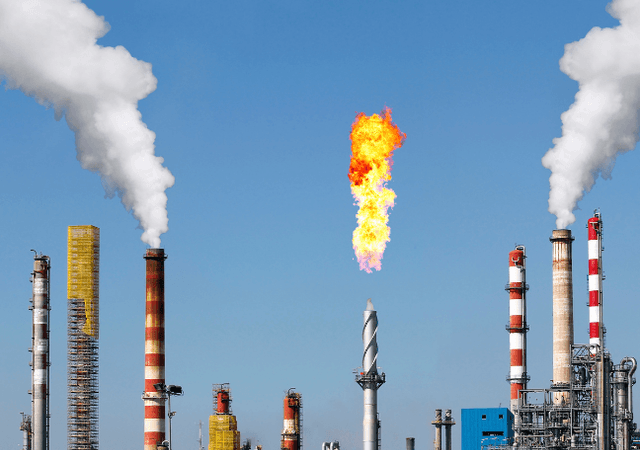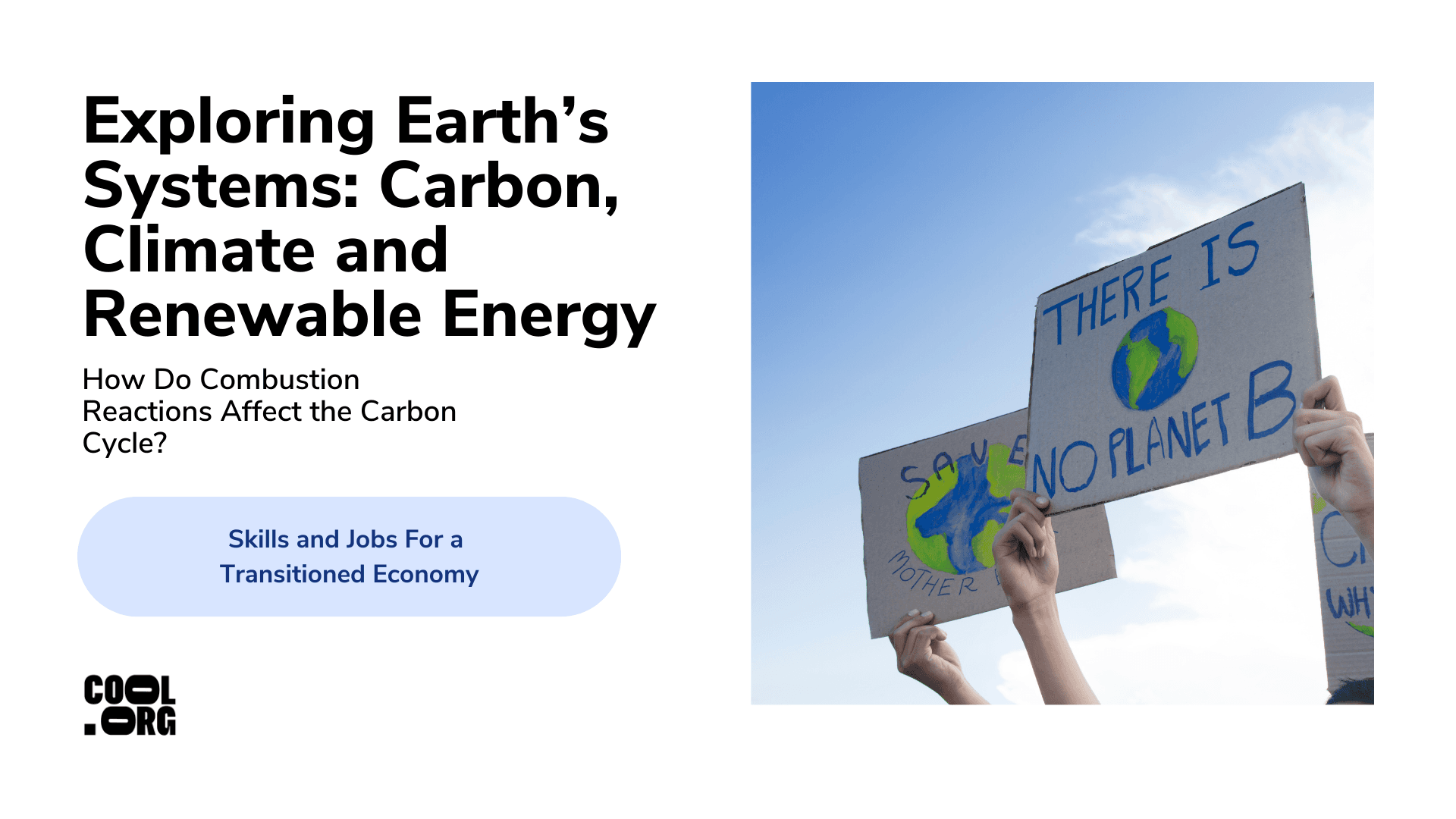Learning intentions:
Students will...
- Represent the carbon cycle and describe the key processes and stores involved, including combustion, photosynthesis and respiration, as well as gain an understanding of how human activities have affected the carbon cycle.
Success criteria:
Students can...
- Understand what the greenhouse effect is and why it is occurring.
- Describe a combustion reaction and explain why these influence the greenhouse effect.
- Represent the carbon cycle in a diagram and show how combustion interacts with the atmosphere and how this affects photosynthesis and respiration.


